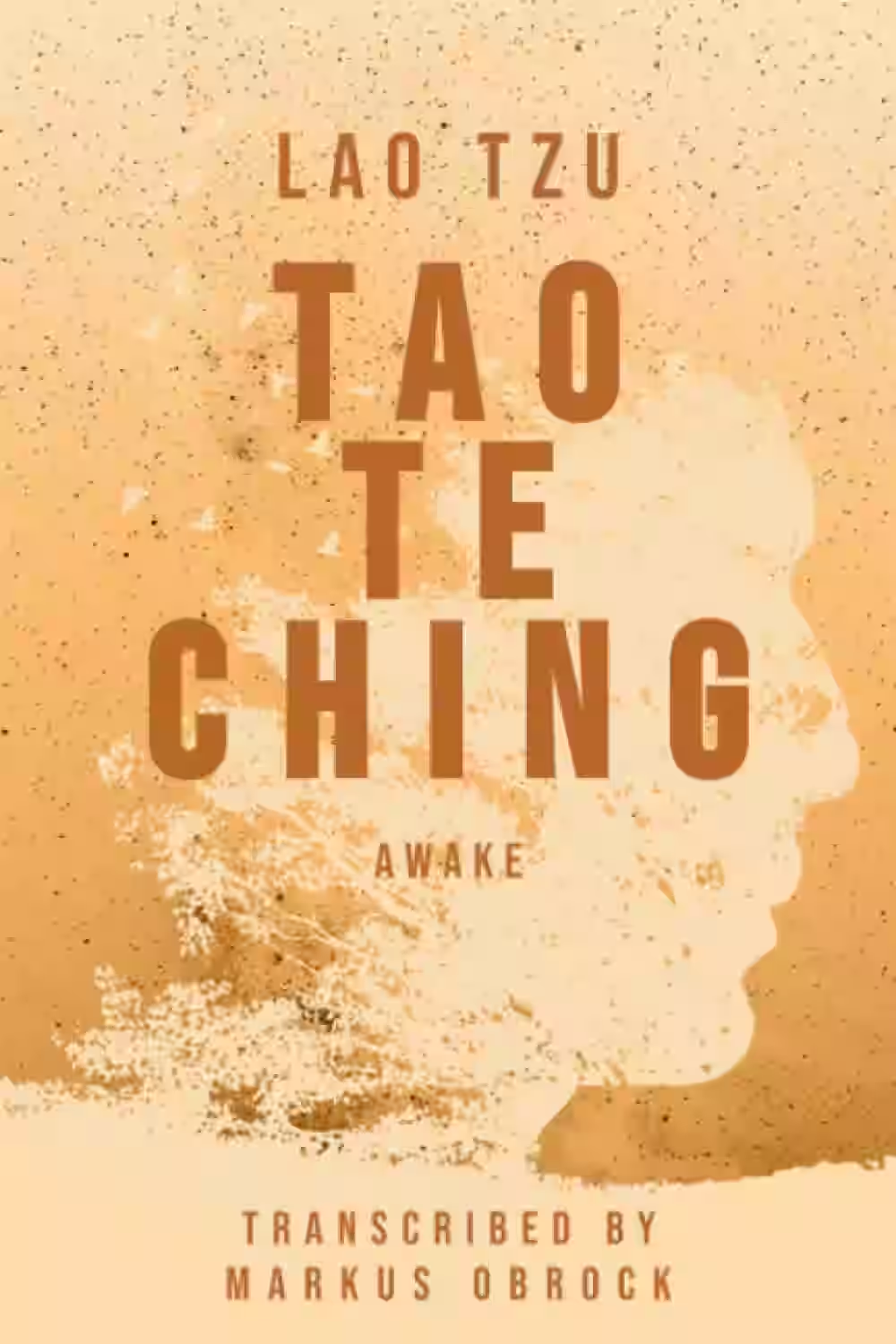Lao Tzu
An ancient Chinese philosopher and writer, traditionally credited as the author of the Tao Te Ching, the foundational text of Taoism. His teachings emphasize living in harmony with the Tao (the "Way" or "Path"), advocating for simplicity, naturalness, spontaneity, and non-action (wu wei). Lao Tzu's profound wisdom continues to influence Eastern thought, spirituality, and approaches to leadership and living a balanced life.

The Tao Te Ching by Lao Tzu is a foundational text of Taoist philosophy, offering timeless wisdom on harmony, balance, and the art of living. Written over 2,500 years ago, its 81 poetic verses explore themes such as non-action (wu wei), simplicity, humility, and the natural flow of life (the Tao). Rather than prescribing rigid rules, it encourages readers to align with the rhythms of the universe and embrace stillness and inner peace. Its paradoxes and poetic style invite reflection, making it a profound guide for spiritual seekers, leaders, and anyone searching for clarity in a complex world.